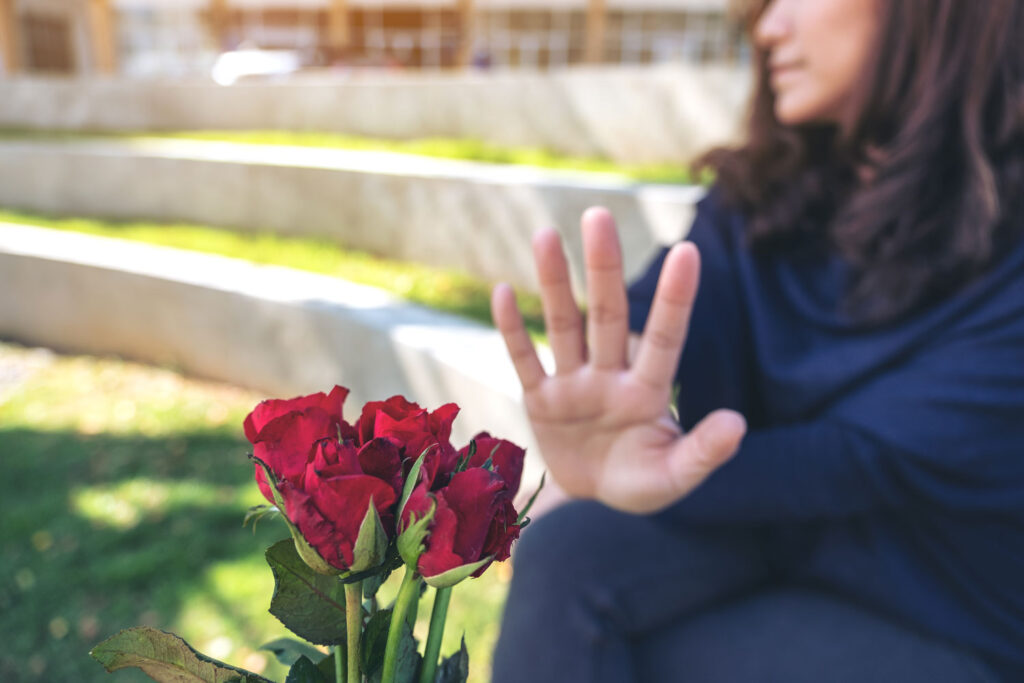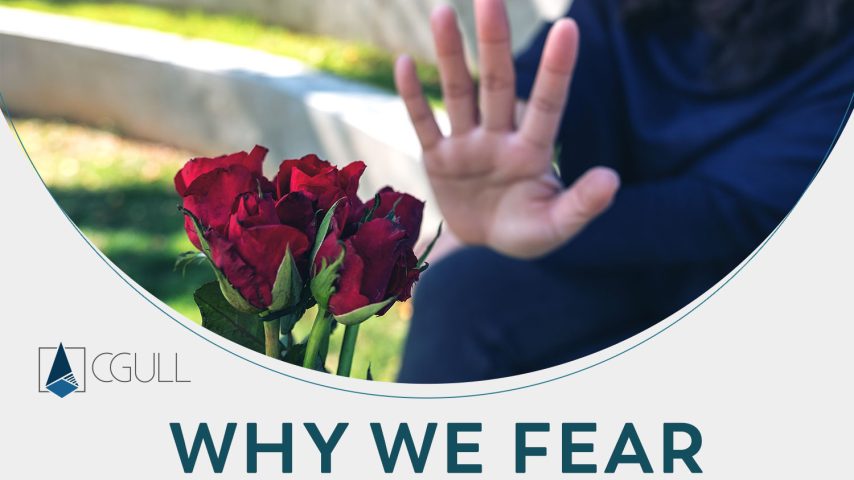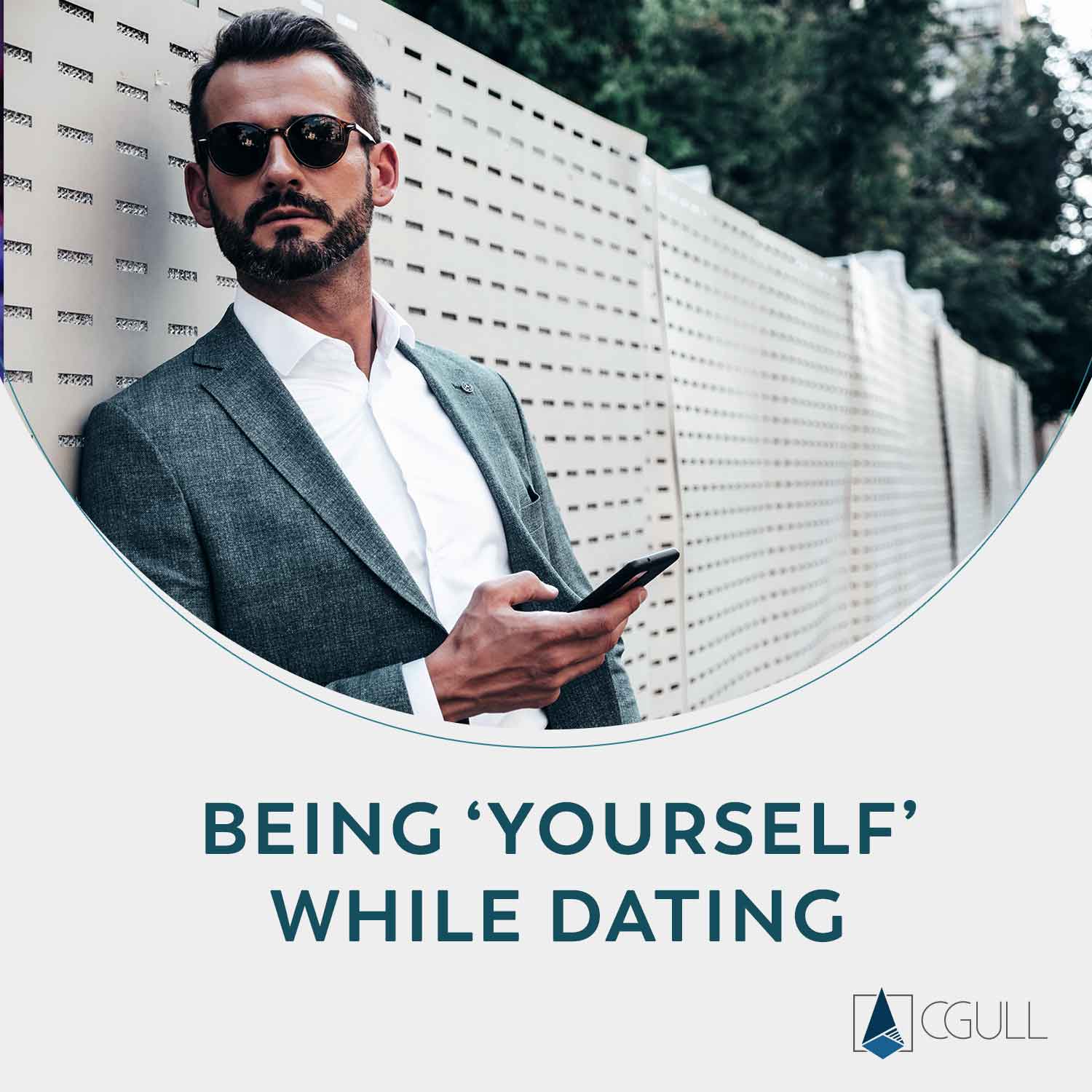Have you ever used a line, or something along the lines of “will you go out with me?”. Then as you anticipate the response from the lady, you feel your heart in your mouth, your heart races and everything hinges on that moment – The moment of the response. As though a simple “no” would wreck your day, your week, your month, your year or even your life. The stakes were high. And if she were to say “Yes” your life would be complete and all that anxiety and fear would immediately go away.
Humans are social creatures, attention is essential to our human needs. We crave attention in the form of recognition, understanding and acceptance from the people around us, from our family, friends and loved ones. We will look into how we can better prepare ourselves for this heart wrenching moment in our lives towards the second half of this article.
But for now, let us explore why despite such an innocent request, it paralyzes us with fear that the idea of not asking is better than getting the “no”.

Similar to our fear of the dark, our ‘fight or flight’ responses from hearing a startling scream to our desire for social approval, the thought of being rejected from a potential partner or social group stems from deep within our psyche. Though most of these fears do not make much sense today, they manifest themselves very clearly within us.
If we have lived long enough in the modern world, and especially in a modern city such as Singapore, we know that most of the time we hear a scream is probably in the event somebody dropped something – seldom it is a life threatening incident. And we have walked in darkness on our own several times in our lives and have gotten out of it safely. And nothing bad would happen to us if the girl we liked does not reciprocate the same feelings. Logically, these incidents should not harm us, then why do we still feel that they do?
This was not the case for humans centuries ago. Think about a time before civilisations were built, a time when humans still lived in hunter-gatherer societies. Whereby a common tribe would consist of 30-60 people, ranging from a variety of ages. Those days, darkness would mean life threatening danger, especially if we were to venture into the woods alone. A startling scream would mean that nearby, one of our tribe members is under attack and in need of aid.
These are biological wirings within us as humans to enable our survivability of our tribe – of our species. The fear and vigilance that engulfs us as we face darkness is necessary to keep us on our toes when vision is limited. The adrenaline that rushes over us as we hear a scream would enable us to reach out to our spears quickly and head out towards the direction of the scream. These are hard wired responses that enabled us to thrive during these times.
The responses to darkness and screams makes sense to be fearful, but then what about our fear of rejection? Believe it or not, back in the day during tribal times, rejection can almost mean death to the individual. Usually, when a member of the tribe is not social and not providing enough to the group and being a liability to the team – they can face exile.
Think of a time when a social group is laughing ‘at’ a particular individual. Forcing them to conform to ways of the social narrative. If the individual is not able to adapt, they will be socially outcasted or even forcibly removed from the tribe. Those days, when humans survive in groups, exilation from the tribe would mean to cut them off from the support and protection of the group. Having to go about days in the forest and wilderness alone would mean imminent death to the exiled.

Rejection from a potential partner would also cause social turbulence in the tribe. With a small number of 30-60 people in the tribe. This would mean everyone knows everyone within the tribe. There would only be a handful of prospects within that group. The news of the rejection would spark gossip and reach everyone in the tribe. Issues would arise when the female of the group is also a target of another male who is higher on the social ladder within the tribe. Usually, these ‘Alphas’ would use their status to rally the people around to help alienate and outcast the rejected male. To better protect his own chances with the female. This would then possibly lead to exilation.
Today, such fears and consequences do not plague us, especially in a modern city. In fact, we deal with these everyday! We brush shoulders with people we do not know on the streets, we keep our heads down as we head home late at night on our own. Though these fears do not make sense to us logically, they run much deeper in our genetics than we know.
Modern psychologists argue that these emotions and reactions are inherited to us genetically, passed down from our ancestors to enable us for our best chance of survival.

So, what can we do with the fear of rejection? The positive outcome from the fear of rejection is our ability to be emphatic. We ‘know’ when people dislike us and we are able to sense their emotion about our person. Know that we are not put on this Earth to please everyone and also that we are unable to do so.
Like our ancestors, we are able to get a sense of how the other person is feeling or reacting to us. With enough positive cues, we can better evaluate the relationship and get a good sensing of their impression of us.

On the flip side, we know of people who fabricate personas or masks of their identity to deal with rejection. These can be in the form of overcompensating in terms of people’s requests. Whereby they are always in an agreeable mood, unwilling to make any waves with the people around them. Putting on a ‘people pleasing’ social front whereby they stand for nothing and always laughing or agreeing with others. We know of people like that, deep down we feel that they can be a little ‘fake’. Though they have done nothing to offend us, we just can’t put our finger on why we don’t trust them.
The other persona is on the opposite spectrum. Whereby the individual recedes into their shell, rejecting society. Usually presenting the aura that they ‘do not care’. These are easy to spot whereby they tend to outcast themselves before the group can outcast them. Giving up entirely on society’s opinion of them, they turn to online pleasures abandoning offline ones.
We understand that the fear of rejection might be hard to shake, but the best way to deal with it is to practice talking to others regularly. Remind yourself that everyone struggles with these fears sometimes and every conversation is a learning opportunity that improves your skills and confidence.
One thing we suggest doing while attempting to ask a woman out is not to ‘ask’ per se, but to ‘tell’. Similar to sales, it is easier to get a sales meeting with a prospect by requesting a meeting by providing the location and time of the ‘date’ and assuming that they are already interested in what you have to offer.
As the back and forth can really be messy at times trying to schedule a meeting with a person. Such as identifying a good time and place that both parties are available.
It can be a real drag to ‘ask her’. The text can go back and forth multiple times. By the time one party has indicated when they are available, the conversation has already lost its spark. As a guy, do take the initiative on finding the location and giving 2 available times that suits YOU! This would frame it in a way, whereby she just has to check these 2 time slots on her calendar rather than forcing her to suggest the time and place for the date. If she is keen but not available during the 2 timings that you had offered, she would counter propose another time that suits her.
A good example of this would be the following:
– “Hey! I have found a really neat place in town! We can check it out this week! Are you free this Thursday or Friday evening?”
– “Omg! I will be in town this weekend too! If you are game, we can do coffee this Saturday at 4pm at xxx cafe or 2pm on sunday!”

But keep in mind, a simple resistance would mean “no”. If she is not attempting to reschedule the timings, changing the topic or she is hesitant on going out with you – just take it as a “No” and continue the conversation.
It is key to get a sense of her impression of you. If she is already invested in the relationship and communicating well, you would be able to sense it from the texts. There are many reasons why women turn guys down. The most common would be that the guy has not built enough trust with her, and the second would be coming off too needy.
If this article has helped you and you wish to learn more about techniques to work around asking a girl out, you can contact CGull today! We offer coaching sessions to help singles find their own personal style so they know how best to approach others in all kinds of situations.
Contact us today to improve self-esteem and confidence during dating so that all future dates go better than before.










1 thought on “Why we fear rejection and why it hurts us”
I agree with your point of view, your article has given me a lot of help and benefited me a lot. Thanks. Hope you continue to write such excellent articles.